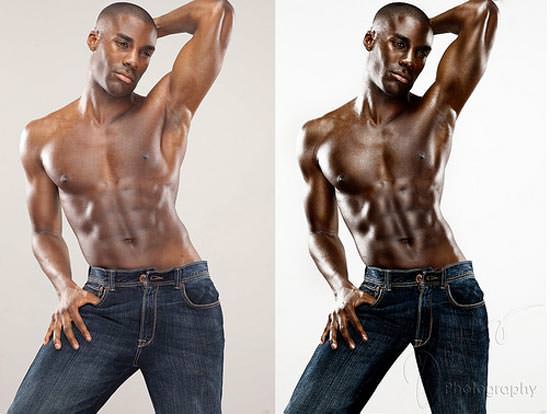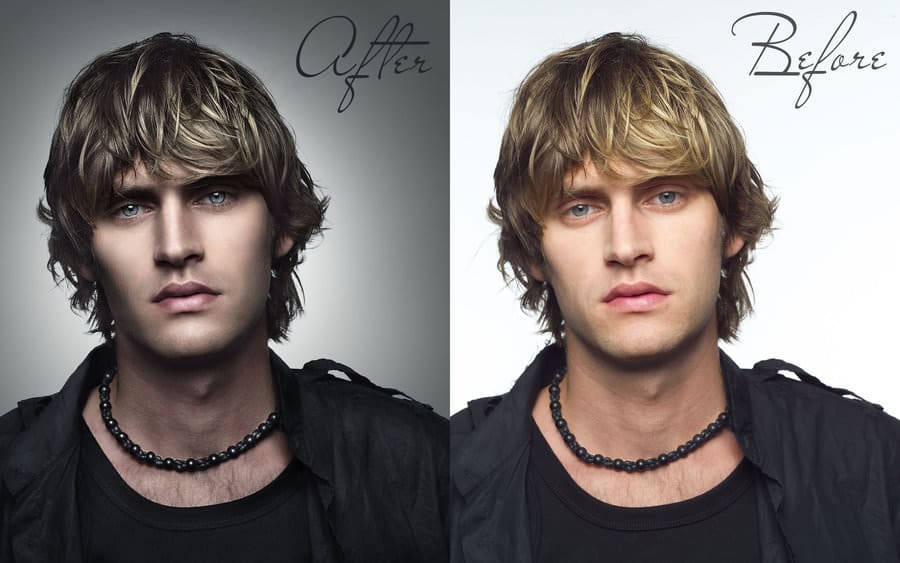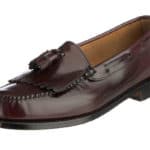Photoshop Altered Models – Do We Need Warnings Signs?
Magazine advertisements for alcohol and cigarettes come with warning labels. Now, some groups suggest that the celebrity and fashion photos should, too. A number of researchers and government regulators want photographs of movie stars and models to come with warnings that say the photos have been extensively altered with retouching software, such as Adobe Photoshop. The idea stems from scientific research that found that vulnerable consumers, particularly children and teens, might be fooled by the photos’ convincing illusions of perfection and suffer negative physical and mental health consequences as a result.
“Children and teens are particularly vulnerable to ‘perfect’ models of adults and children their age in the media,” Carolyn Landis.
So far, the most notable calls for Photoshop warning labels have come from Europe. Legislators in France, Britain and Norway have supported government efforts to slap warning labels on photos to alert consumers when they have been digitally altered.
How to Protect the Public
But in June, an American medical association denounced the doctoring of photographs, urging advertisers to work with child and teen health experts to set limits on Photo shopping. Two Dartmouth researchers have come up with a novel solution — a software tool that would detect how much fashion and beauty photographs have been altered, assigning them a rating from one (minimally altered) to five (starkly changed).

In general, contact with fashion and beauty magazines regarding their policies on retouching photographs or their thoughts on photo warning labels are not well received.
Research indicates that there is cause for worry about how celebrities and models, who appear forever trim and blemish-free, may affect how people view their own bodies. Several studies have linked manipulated photographs to eating disorders and other health problems. But psychologists say the most effective solution to helping children and vulnerable people develop healthy and realistic body images comes not from warning labels and photo-rating systems but from active communications and awareness.
Janis Rosenberg, a clinical psychologist said parents could start by not focusing too much attention on a child’s looks or appearance.
“Children are normally not aware of physical traits until their attention is brought to it,” Rosenberg said. “People who draw too much attention to beauty, comparing their children’s physical attributes and causing a child to be overly aware of physical traits can be a great source of anxiety for a child or even, in some cases, a vulnerable adult or teenage model.”

Parents may be able to spot a few warning signs if their child is becoming overly fixated on looks. Kids may start making negative comments about their appearance, compare themselves unfavourably to others or begin restricting what they eat to avoid ´getting fat.´
While parents should certainly encourage children to eat a healthy diet, avoid oversize portions and exercise regularly, Landis said they can also restrict their comments about physical appearance in the light of what is healthy, not what looks attractive or desirable.















